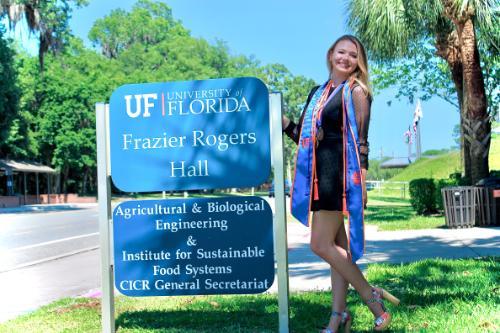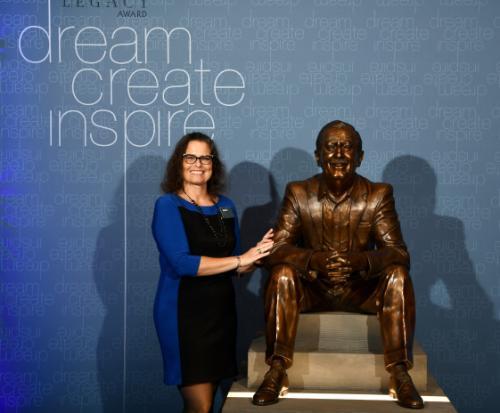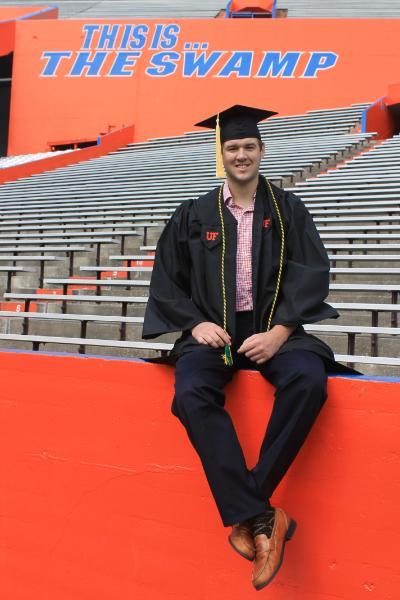Who was your favorite faculty member? Why?
Dr. Leary: He really cared about my education, career, and dreams and did everything possible to help this student athlete engineering major finish on-time and well prepared to take on my next journey. His intro class is what inspired me and eventually led to my concentration in water resources.
Dr. P: From talking soccer, family, Canada, heat capacity of potatoes, to my career goals—I enjoyed every interaction I had with Dr. P and left better because of it. Dr. P wrote my letter of recommendation to both my graduate program and my law school, and I am so thankful for his investment in me and my dreams - I wouldn’t be where I am today without him!
Dr. Correll: One of the most challenging courses I took in my engineering education was Dr. Correll’s application course in which I had to truly work on organization, diligence, and thoroughness in my laboratory work and research processes. This was very difficult for me to do, but the work put in and lessons learned made me a better engineer, student, critical-thinker, and attorney. Without her class and her dedication to my growth, I would not be where I am today. I remember sharing my dreams with Dr. Correll in the halls like it was yesterday, and I am so thankful for her continued involvement and support of me as my career develops.
Dr. McLamore: The first Professor who gave me a chance to work on their research. As a young sophomore, I was able to work on biosensor projects that introduces me to environmental justice, protecting vulnerable communities, and providing access to clean resources in a viable and practical way. These are all guiding principles in my career today and I am so thankful for his belief and investment in me as a young eager engineering student, as I am here today because of him. He is truly the greatest advocate I know in the area of environmental justice and I am so thankful that I was able to work with and learn from him.
What are you doing now?
I am in my last year of law school at Lewis & Clark, and am graduating in May from one of the top environmental law programs with my JD and certification in Environmental and Natural Resources Law. Upon graduation, I will move to Chicago to work for a Plaintiffs’ firm on their environmental litigation team.


-500x626.jpg)
